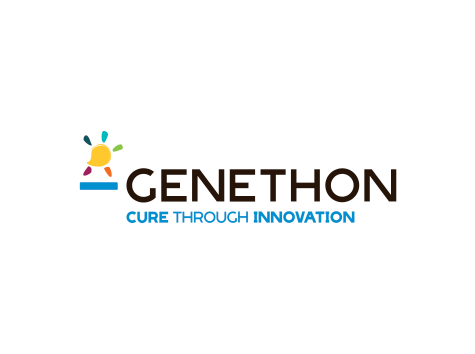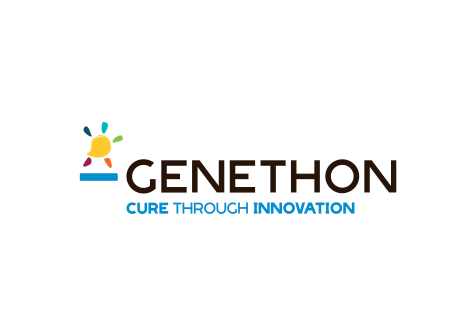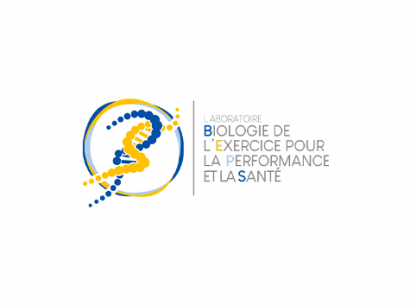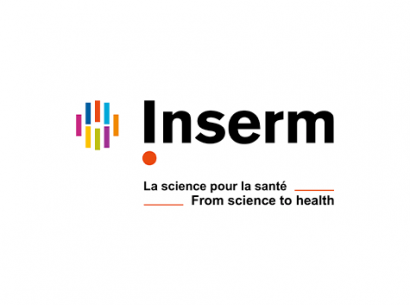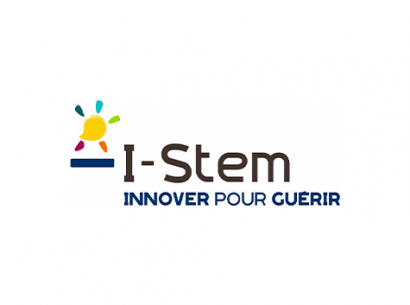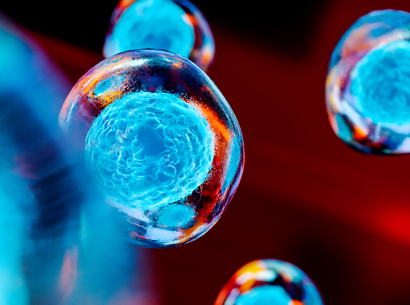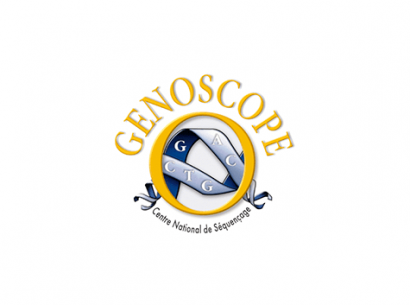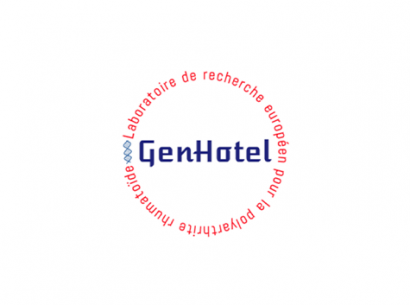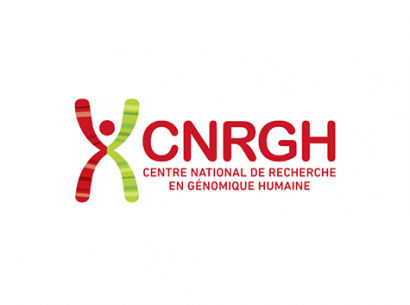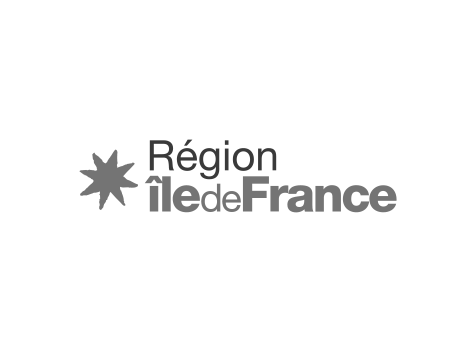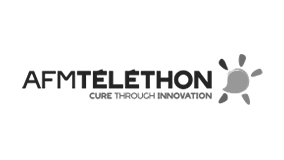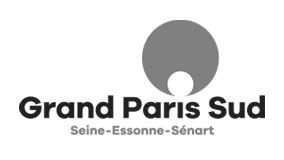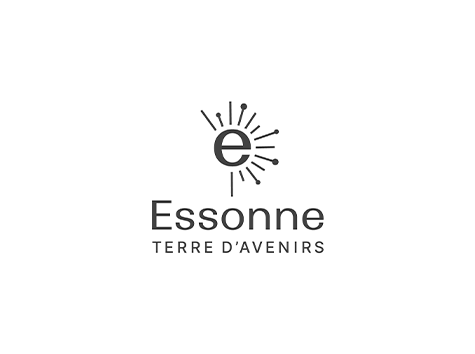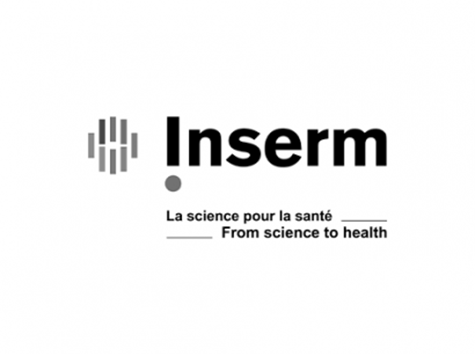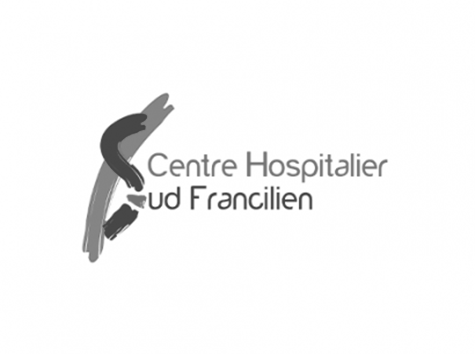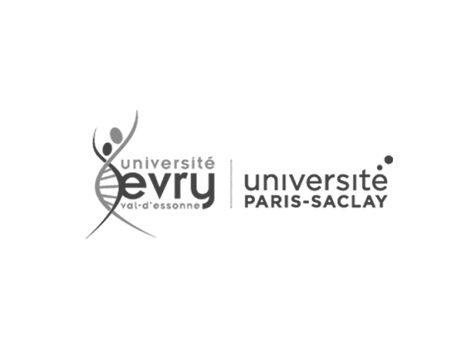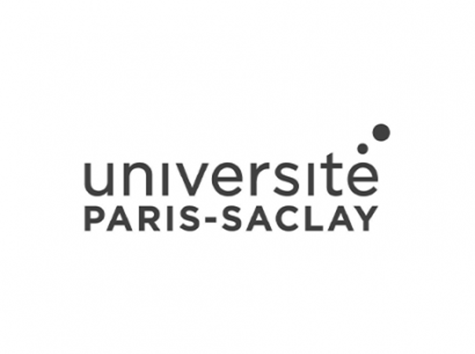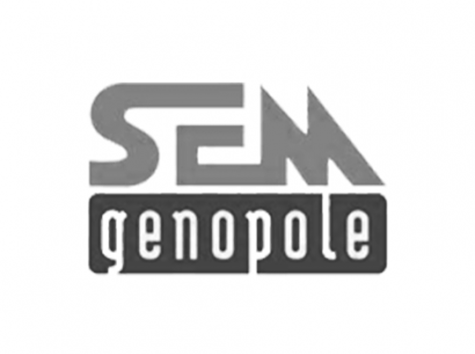The Genethon R&D Division is active in three main areas:
Therapeutic programs:
- Identification of new therapeutic approaches for monogenic neuromuscular diseases, including Duchenne muscular dystrophy, progressive limb-girdle muscular dystrophies, X-linked myotubular myopathy and spinal muscular atrophy.
- The research includes the investigation of physiopathological mechanisms, the identification of new biomarkers and new therapeutic strategies based on the administration of adeno-associated viral vectors. This research is carried out by the groups of Isabelle Richard, PhD (DR1 CNRS), Anna Buj-Bello, PhD (CR2 INSERM) and Fedor Svinartchouk, PhD.
- Gene therapies for primary immunodeficiencies, including Wiskott-Aldrich syndrome, chronic granulomatous disease, and X-linked and Artemisdeficient severe combined immunodeficiencies. The research includes the development of new lentiviral vectors for the genetic modification of hematopoietic stem cells, the analysis of stem cell differentiation, and the study of the genetic and epigenetic consequences of gene transfer in the human genome. This work is performed in the INSERM Unit S951 led by Anne Galy PhD (DR1 INSERM).
- Gene therapy of liver diseases and metabolic disorders, including Crigler-Najjar syndrome. The research includes the development of new adeno-associated viral vectors and a clinical translation strategy based on specific gene expression. This research is carried out by Federico Mingozzi (Associate Professor, Pierre and Marie Curie University).
Horizontal research activity:
- Muscle physiology and pathology (Isabelle Richard).
- Vector technology (Otto Merten). Innovating design, production, purification and analysis of gene transfer vectors.
- Vector-host interactions (Anne Galy). Understanding the immune consequences of in vivo gene delivery.
- Genome editing (Mario Amendola). Exploring the power of site-directed DNA cleavage to correct mutations or alter gene regulation.
Development for clinical applications:
- Development of products and processes (Matthias Hebben).
- Analytical development (Christine Le Bec).
The goal of these units is to improve the productivity, scale and robustness of the manufacturing processes, increase the quality of the vectors produced, reduce the cost per “dose”, and develop an accurate, robust and economical QC.
Processes and analytical tests are then transferred to YposKesi to be validated and implemented in the GMP production routine.
The units interact upstream with research units and downstream to the GMP manufacturing and quality control teams of YposKesi.
YposKesi produces clinical batches for clinical trials conducted in France, in Europe and in the United States.



